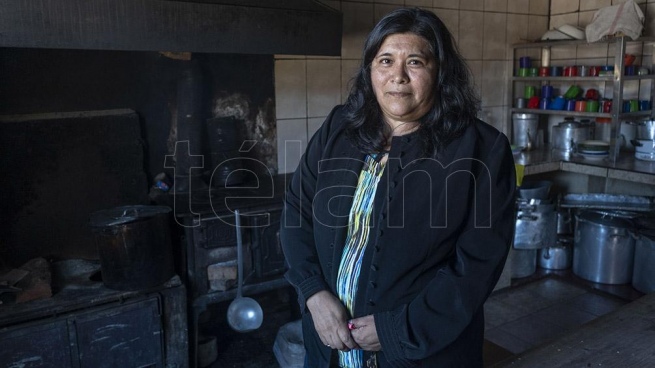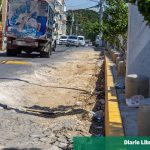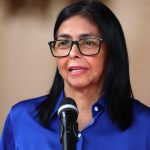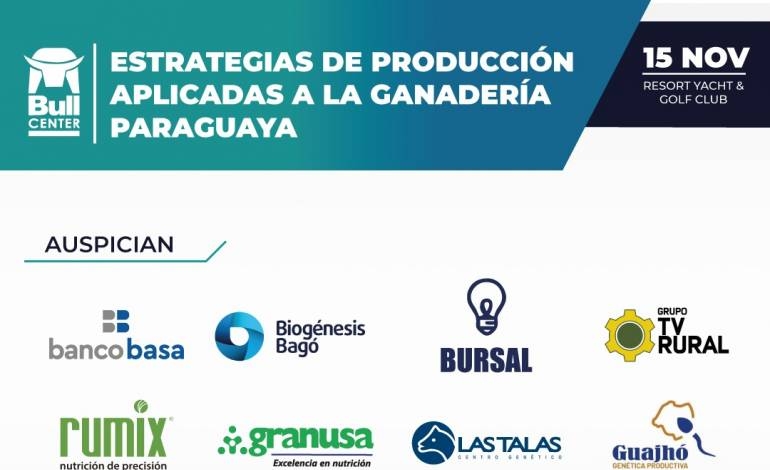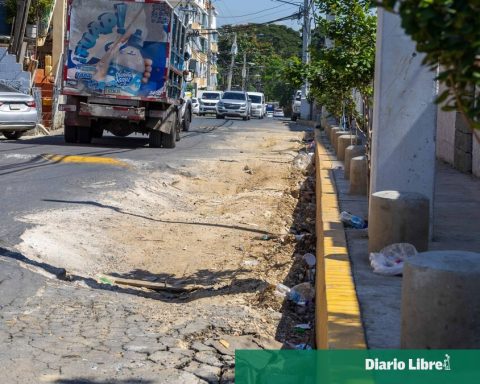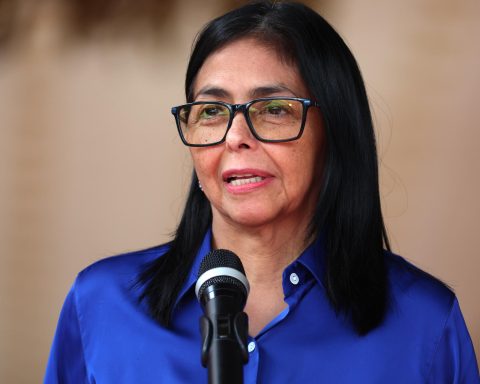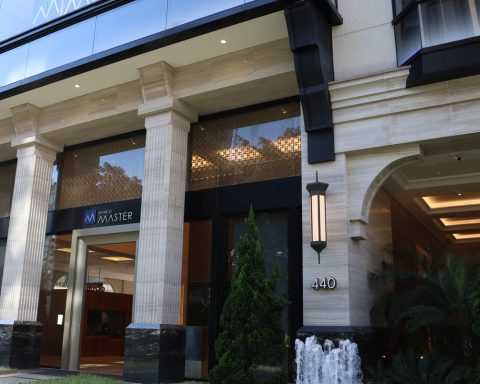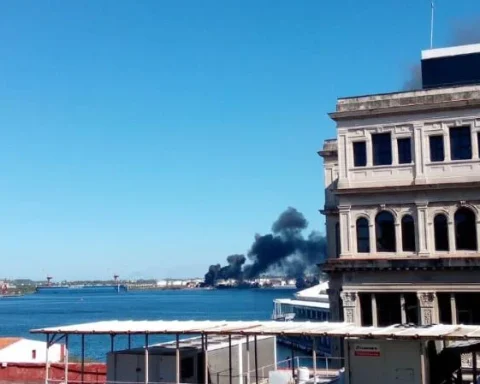Eight of the 102 students at Dr Héctor Quintana Elementary School No. 35 are about to finish the 7th grade, in San Francisco, a town in eastern Jujuy. All of them will go to secondary school and, if they continue the course of events as they have been up to now, most of them will work in some state agency -Provincial police, National Highway, municipality-, as a tourist guide or will emigrate. That is the journey that young people have in this town, in Alto Calilegua and other towns in this Yungas region.
In San Francisco it is very common to hear people tell that their parents or grandparents lived in Alto Calilegua, 3,000 meters above sea level, one of the oldest towns in the region.
“My grandfather, Nicolás Tolava, lived in Alto Calilegua to make adobe. He had a farm. He came here when my mother was little, and she is already 54 years old,” Mariana Vargas account (24) while eating a Milanese sandwich and waiting for the bus to take her back to Ledesma, where she came from to vote. She is accompanied by Fernando Riquelme, of the same age and from Ledesma with her, a YPF truck driver.

Mariana is looking for her place in the world of work. She took nursing and hairdressing courses, but now she has no activity. “I signed up to join the Police, entry here is a little easier, and I have the Contingency Plan of 6,000 pesos, which they give me to study.”
The same search – and hope – has Ximena Fernández (24), who supervised the elections in Alto Calilegua. His sister Pamela, the president of the only table, studies tourism. But Ximena is also trying to enter the Police, as she told on Sunday while waiting for the arrival of the 25 registered in that town sheltered by a green meadow and clouds.
School No. 130 Alto Calilegua is closed. Calilegüenses hope that it will be temporary. His few students were referred down to San Francisco, a town located 1,400 meters above sea level, where the director Silvia Svoboda (54) received them with open arms.

“We have 102 students, from class 4 to 7th grade, and all generally continue in Secondary School No. 21, unless their parents move for a job issue “, relates the director, administrative, secretary and 7th grade teacher, as she describes herself to Télam with a laugh. Except cooking, it does everything.
In the 35 this year 8 boys are received, usually they are between 15 and 20, Silvia shares data while the sun begins to beat in the school, the temperature reaches 33 degrees, and the troops of the Mountain Infantry Regiment 20, from San Salvador, they guard the two polls with 450 votes out of 616 possible.
“All the boys go to secondary school, but there are few who follow a career abroad, for an economic issue. Being a policeman is an ideal because it is a fast career and job opportunities. Even my son wanted to be a policeman! “, Says the director, who arrived from the city of Libertador General San Martín – better known as Ingeniero Ledesma – 3 years ago, where her three children were left in the care of their grandmother.” But she is going to go to study Physiotherapy in Salta “.
The school needs iron bars, plates, wire, electrical outlets, locks, a solar hot water tank, barbecue pots, cutlery, pots, computers, shovels, mattresses, televisions and freezers
From Alto Calilegua, due to the pandemic, a kindergarten girl and three children who are in 2nd, 6th and 7th grade each arrived at School No. 35. “Families emigrate,” reflects the teacher about this small migratory phenomenon that you are experiencing. “I think it is momentary, it will depend on how the town resurfaces.”
-Silvia, and how are the boys in this school?
-This is a rural area. Boys are very different from those in the cities. How to tell. Respect, simplicity, innocence. It is a very big difference. And since we know that a boy who enters the first grade here is going to be with the same group until the 5th year of high school, we teach them to be united. Let them be partners.

On Saturday night Norma Cruz, Reinaldo Tolaba and Estéban Corimayo summoned the Télam team in the dining room located next to the monument to the Pachamama to eat some empanadas and share your vision on the ideas and problems of the Kolla Community of San Francisco.
This community has community land tenure where the Jordan River hot springs are located, the main tourist attraction in the area. “We are 31 families and since we got organized 35 people have worked as tourist guides”, they report.
“We do not want the uprooting to continue,” and they have plans to plant crops, which they understand can also attract tourists, but for that they need not to depend on the rains and they ask for investments that allow cultivation.
Those who can collaborate with School 35 can be contacted by mail at [email protected], or by cell phone 388437969
Like them, like the director, there are many who think that tourism will be the key so that these children do not have to leave.

But they also have their doubts. A path that allows crossing from the jungle and montane forest to the misty pasture of Alto Calilegua would be very good, they say, but it would also be the end of the place as it is today. The arrival of tourism to the Jordanian hot springs moves the local economy, of course, but 300 people per day, as has happened, becomes a problem.
They are in that dilemma, and It is the world’s dilemma: how far to go with the exploitation of nature. It is a region where the Pachamama is worshiped and permission is requested to enter it without violating it. It is a topic of conversation and reflection.
